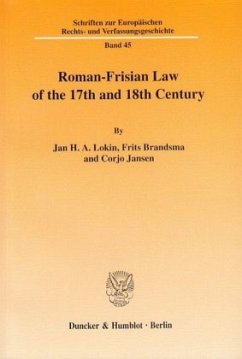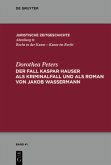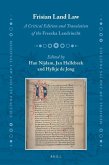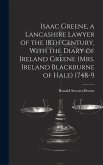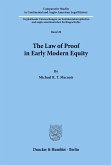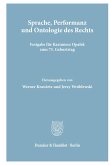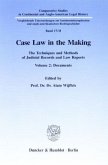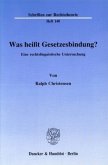This book deals with the foundations of legal practice in Friesland in the 17th and 18th century, specially with the way in which the Court of Friesland made use of the texts of the ius commune in it's judgements. With the help of the until now unexploited archives of the Frisian Court a selection of civil cases and legal opinions has been made which will not only interest the legal historian but the modern lawyer as well. Legal problems about for example minority, assignment, encumbrances, liability, sale, tort etc. are explained and discussed.The practical solutions of the Court based on Roman law texts taken from the Justinian Corpus Iuris Civilis enlarge the knowledge of the reader and his comprehension of the dogmatic and historical aspects of each case. If possible a comparison with Roman-Dutch law is made and each chapter ends with a reference to modern Dutch laws, illustrating the 'eternity' of the legal problems dealt with. The book also makes clear why the Frisians considered themselves as most tenacious adherents of Roman Law: juris Romani tenacissimi. Convinced of themselves the Frisians members of the Court travelled along the 'pure' Roman highway while the jurists of other provinces and countries often had left the road and taken sidepaths. The book shows us that we in fairness may speak of an independent branch in the big tree of the ius commune: Roman-Frisian law.

